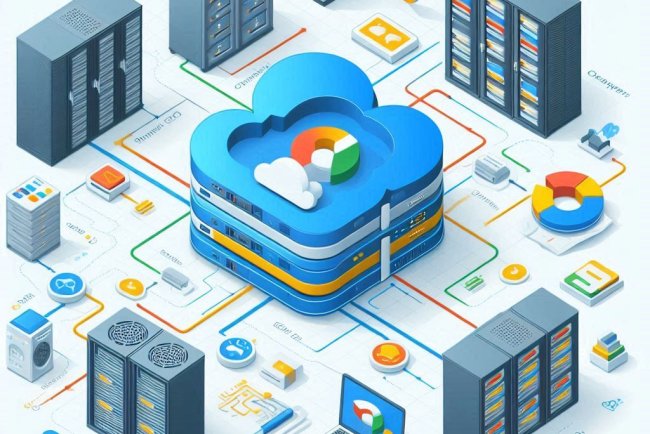Maximizing Business Efficiency with Enterprise Resource Planning (ERP) Software: A 2024 Guide
the benefits, trends, and implementation strategies of ERP software in 2024. how ERP software enhances business efficiency and decision-making in 2024.
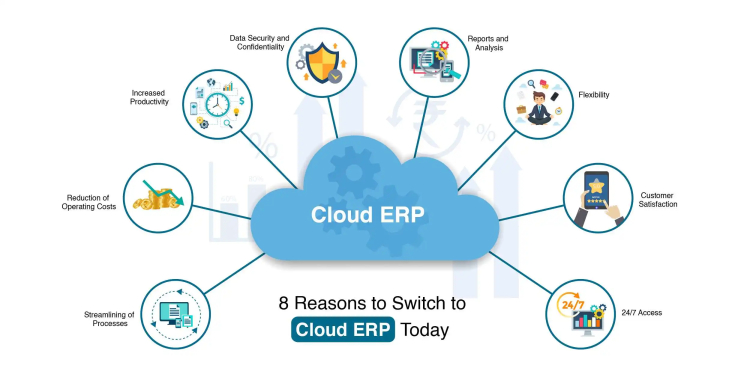
Maximizing Business Efficiency with Enterprise Resource Planning (ERP) Software: A 2024 Guide
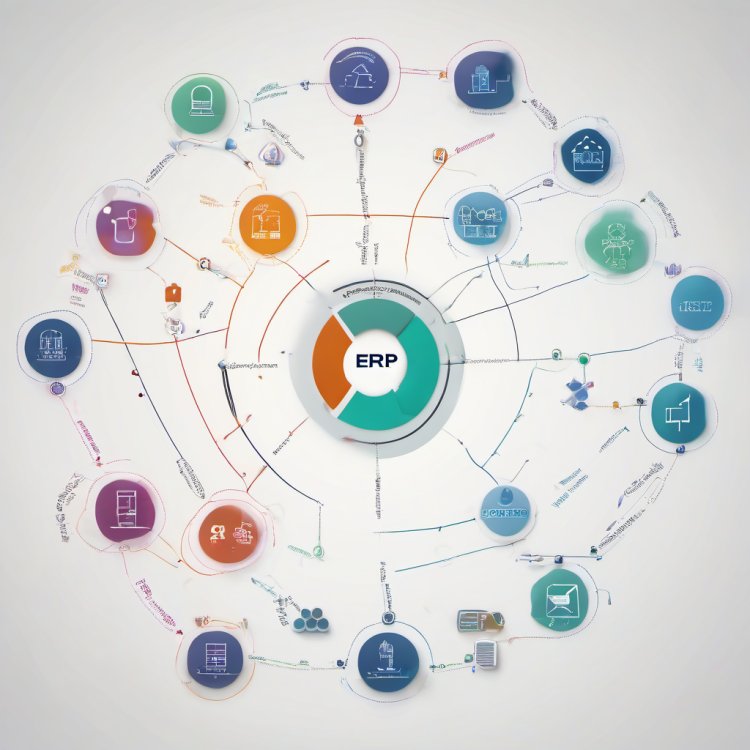
In today's fast-paced business environment, Enterprise Resource Planning (ERP) software has become an indispensable tool for organizations seeking to streamline operations, enhance productivity, and gain a competitive edge. This comprehensive guide explores how ERP software is revolutionizing business management in 2024.
What is Enterprise Resource Planning (ERP) Software?
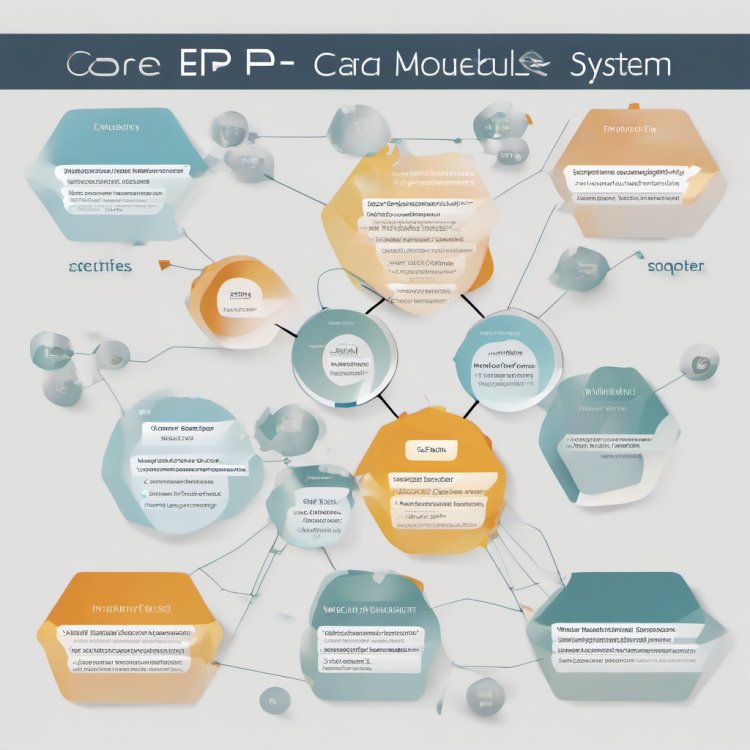
ERP software is an integrated management platform that combines various business processes into a single, cohesive system. It typically includes modules for:
- Finance and Accounting
- Human Resources
- Supply Chain Management
- Customer Relationship Management (CRM)
- Inventory Management
- Manufacturing
- Project Management
Key Benefits of Implementing ERP Software
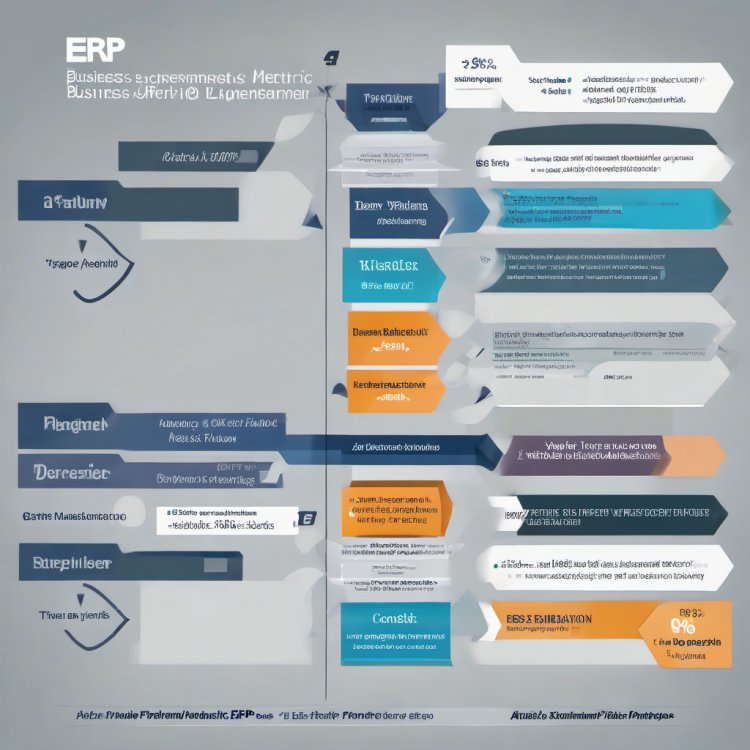
- Improved Efficiency: Automates and streamlines business processes
- Enhanced Data Visibility: Provides real-time insights across departments
- Better Decision Making: Offers data-driven analytics for informed choices
- Cost Reduction: Minimizes redundancies and optimizes resource allocation
- Increased Collaboration: Facilitates better communication between departments
- Scalability: Supports business growth and adaptation to market changes
- Regulatory Compliance: Helps maintain adherence to industry standards and regulations
Popular ERP Software Solutions
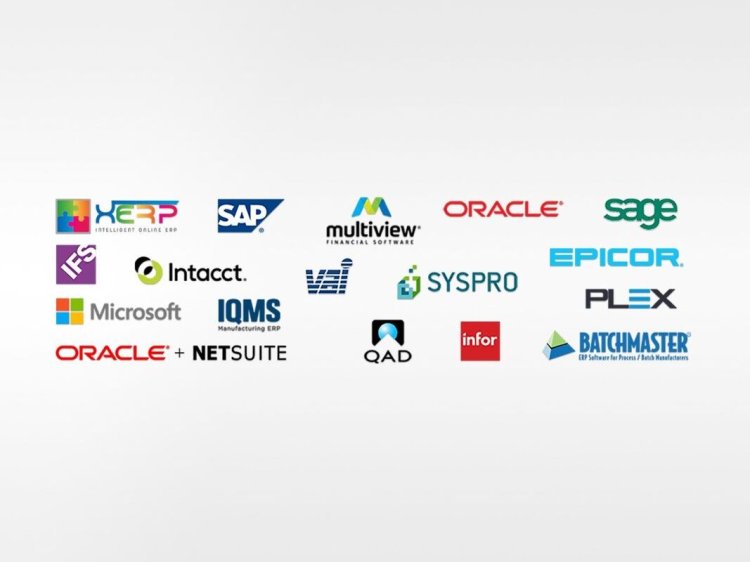
- SAP S/4HANA: Known for its comprehensive functionality and industry-specific solutions
- Oracle NetSuite: Cloud-based ERP suitable for businesses of all sizes
- Microsoft Dynamics 365: Integrates seamlessly with other Microsoft products
- Infor CloudSuite: Offers industry-specific ERP solutions
- Epicor: Focuses on manufacturing, distribution, and service industries
Implementing ERP Software in Your Organization
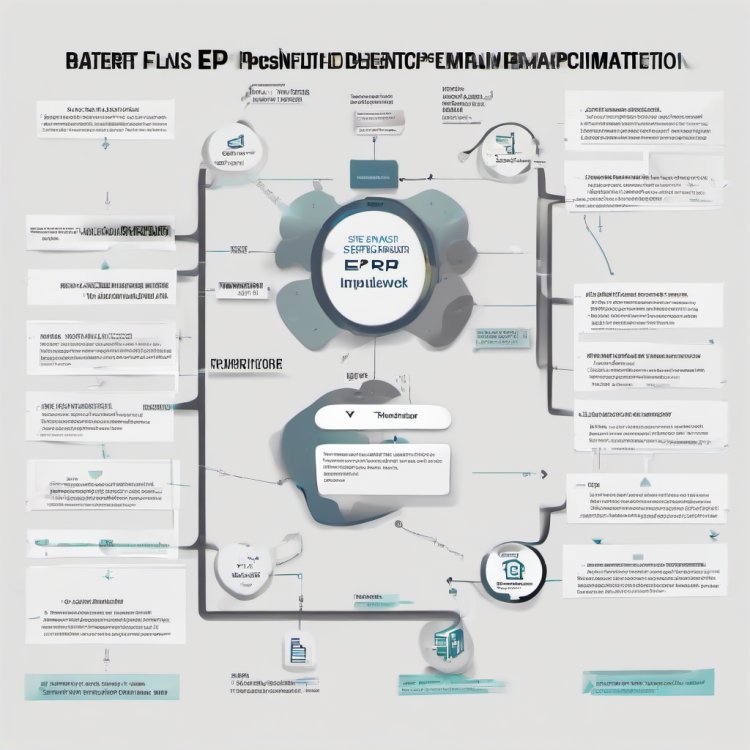
- Needs Assessment: Identify specific business requirements and pain points
- Solution Selection: Choose an ERP system that aligns with your needs and budget
- Implementation Planning: Develop a detailed roadmap for deployment
- Data Migration: Transfer existing data to the new system
- Customization and Integration: Tailor the ERP to your specific business processes
- User Training: Educate employees on how to use the new system effectively
- Go-Live and Support: Launch the system and provide ongoing maintenance
Overcoming ERP Implementation Challenges

- Resistance to Change: Addressing employee concerns and fostering adoption
- Data Quality Issues: Ensuring clean and accurate data migration
- Customization vs. Standardization: Balancing unique needs with best practices
- Cost Management: Controlling implementation expenses and avoiding scope creep
- Integration Complexities: Seamlessly connecting ERP with existing systems
Emerging Trends in ERP Software
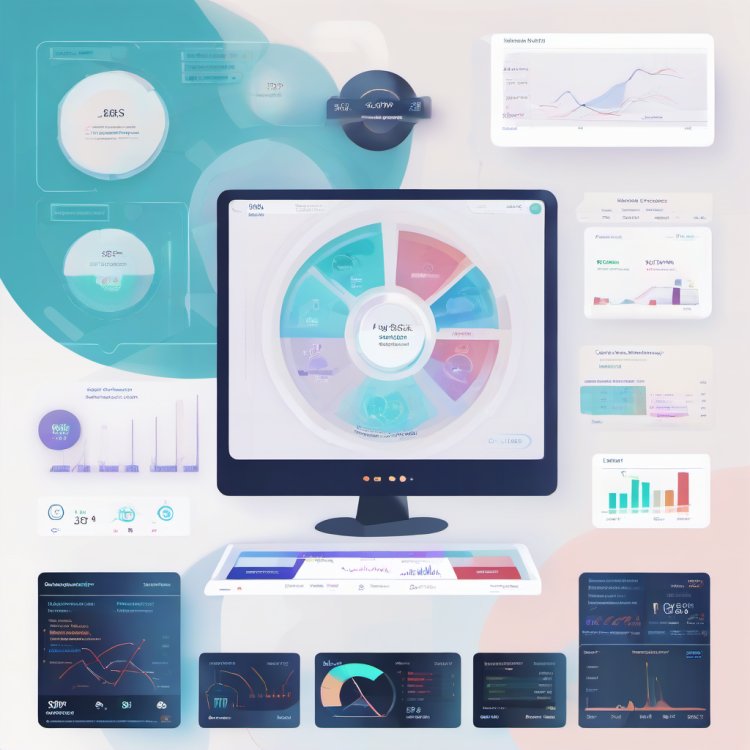
- Cloud-based ERP: Offering flexibility, scalability, and reduced IT infrastructure costs
- AI and Machine Learning Integration: Enhancing predictive analytics and automation
- Mobile ERP: Providing access to critical business data on-the-go
- Internet of Things (IoT) Integration: Connecting physical devices with ERP systems
- Blockchain in ERP: Improving supply chain transparency and security
Industry-Specific ERP Applications
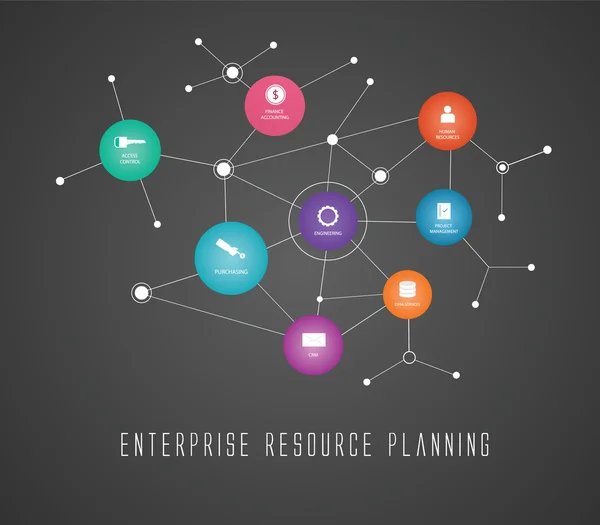
- Manufacturing: Production planning, quality control, and shop floor management
- Retail: Inventory management, point of sale integration, and e-commerce support
- Healthcare: Patient records management, billing, and regulatory compliance
- Education: Student information systems, course management, and alumni relations
- Professional Services: Project management, time tracking, and resource allocation
Choosing the Right ERP Software for Your Business
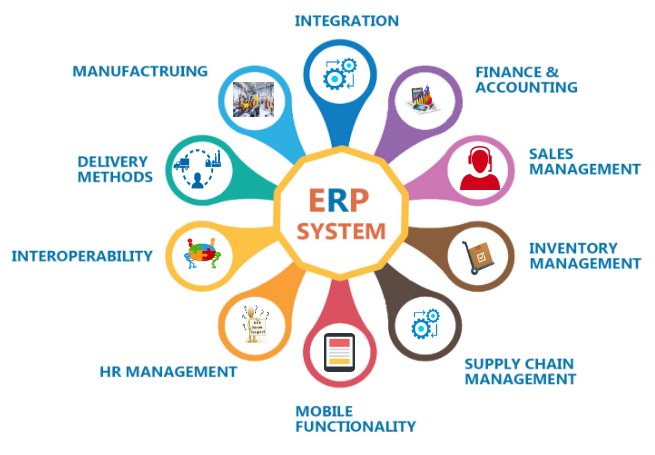
Consider these factors when selecting an ERP system:
- Business Size and Complexity
- Industry-Specific Requirements
- On-Premise vs. Cloud Deployment
- Total Cost of Ownership
- Scalability and Future Growth
- User-Friendliness and Training Requirements
- Vendor Support and Ecosystem
The Future of ERP Software

As technology evolves, we can expect ERP systems to become:
- More intelligent with advanced AI capabilities
- Increasingly interconnected with other business systems and IoT devices
- More user-friendly with natural language interfaces and augmented reality integration
- Highly customizable through low-code/no-code platforms
- More focused on predictive analytics and prescriptive insights
Conclusion

Enterprise Resource Planning software has become a cornerstone of modern business management, offering unprecedented integration, efficiency, and insight. As we move further into 2024 and beyond, organizations that leverage advanced ERP solutions will be well-positioned to adapt to changing market conditions, optimize their operations, and drive sustainable growth. By carefully selecting and implementing the right ERP system, businesses can unlock new levels of productivity and competitiveness in an increasingly digital world.
This article has been optimized for the keyword "Enterprise Resource Planning (ERP) software" and related terms. To further enhance its SEO value, consider adding meta descriptions, alt text for images, and internal links to related content on your website. Remember to source and add relevant, high-quality images as suggested to improve engagement and visual appeal.
What's Your Reaction?









